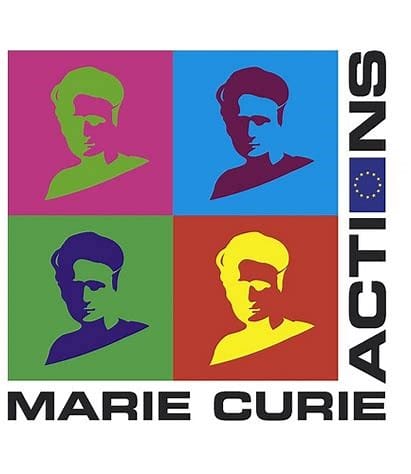
Since the industrial revolution our society has altered the pace of the carbon cycle by extracting and burning fossil fuels, such as oil, gas or coal. Actually, one of the most fundamental gaps in catalysis is the use of alternative feedstocks such as carbon dioxide (CO2) to produce chemicals. In this regard, the development of “perfect chemical reactions” that maximizes the yield while not generating waste would be highly desirable. In this context, the most promising area of research is the metal-catalyzed activation of inert bonds, thus allowing the elaboration of complex substrates from simple precursors with no waste being generated. While most of the current research on inert bond activation is focused on the activation of C-H bonds, the functionalization of truly inert C-O bonds is still at its infancy. Among these, the activation of ubiquitous C-OH such as phenol or simple aliphatic alcohols is virtually unexplored and it represents a new avenue of research. Beyond any reasonable doubt, conducting basic and fundamental research by making chemicals from CO2 and simple C-OH bonds would definitely open new horizons in catalysis. ALCO2HOL will offer innovative, challenging and unconceivable approaches to convert simple alcohols into carboxylic acid motifs, perhaps the most important backbones in pharmaceuticals. This approach will face fundamental problems from the scientific standpoint without losing sight its environmental and economical implications. Given the importance of using renewable sources in a sustainable society, I believe ALCO2HOL will dramatically change concepts in catalysis, allowing new tactics to be implemented in organic chemistry and consequently, enhancing the ever-growing quality of the European research.
ALCO2HOL
Fellow name: Josep Cornellà

MSCA IF